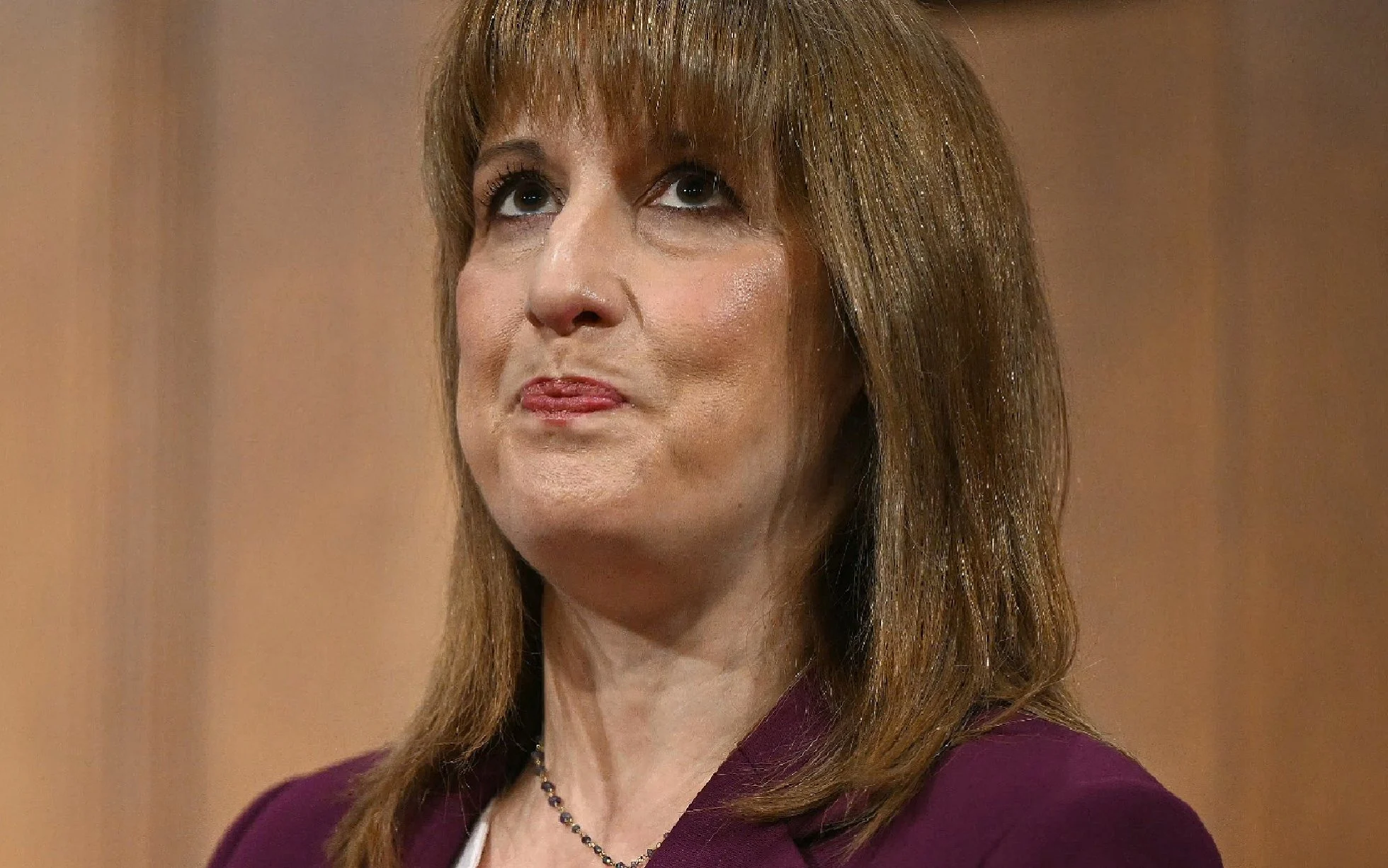Copyright yahoo

Rachel Reeves has strongly indicated that she will break Labour’s manifesto promise and raise income tax. In a rare pre-Budget press conference on Tuesday morning, the Chancellor warned voters that they would “all have to contribute” to help repair Britain’s finances. The Treasury is understood to be considering a 1p or 2p increase, despite Ms Reeves’ repeated promises that she would stand by Labour’s general election manifesto and not raise income tax, National Insurance or VAT. The move – which would be the first income tax rise in 50 years – has been criticised by some Labour colleagues, who fear it would leave the party with “no credibility” and severely damage its chances at the next election. But Sir Keir Starmer threw his support behind Ms Reeves at Cabinet, telling ministers that the Budget, on Nov 26, would be “a very significant moment”. But he left little time to debate the controversial move before discussion was moved on. At the press conference, Ms Reeves said: “As I take my decisions on both tax and spend, I will do what is necessary to protect families from high inflation and interest rates, to protect our public services from a return to austerity and to ensure that the economy that we hand down to future generations is secure with debt under control. “If we are to build the future of Britain together, we will all have to contribute to that effort. Each of us must do our bit for the security of our country and the brightness of its future.” In her address, Ms Reeves also blamed the state of the public finances on the choices made by previous governments, including years of austerity, a “rushed Brexit”, the impact of the Covid pandemic and a rise in defence spending. In a speech shortly after the Chancellor’s, Kemi Badenoch, the Tory leader, said the Chancellor had offered “a laundry list of excuses” rather than detail of her economic plans. No concrete answers were given on the specific taxes that will be increased in the Budget, but Ms Reeves’s comments offered indications. She spoke of the need for “all” Britons to help right the nation’s finances – a change from previously saying those with the “broadest shoulders” must carry the burden. She also said she had been elected “not to always do what is popular, but to do what is right”, arguing that honesty was needed whatever past promises had been made. Ms Reeves said she wanted to bring down inflation and was mindful of the tax burden on employers – a hint that major increases in VAT or National Insurance are not being prepared. That means the other substantial tax rise ruled out in the Labour manifesto – income tax – is now widely expected to be increased in some form in the Budget. The key line in the manifesto read: “Labour will not increase taxes on working people, which is why we will not increase National Insurance, the basic, higher, or additional rates of income tax, or VAT.” The last politician to increase the basic rate of income tax, which currently sits at 20 per cent, was Denis Healey, another Labour chancellor, in April 1975. The decision by the Treasury to leave open the possibility of a manifesto breach is a political gamble, even if it steps back from the brink on Budget day. One Labour MP told The Telegraph: “Putting taxes up I think will scotch whatever limited chances we have of getting re-elected. It is a fundamental part of the manifesto. If we break that, we will have no credibility.” Another said: “We’re in a bad place. It feels like a last roll of the dice. People don’t trust politics. Fifteen months into office, breaking a solemn pledge to the British people – I don’t feel this is where we should end up. “Governments do sometimes break pledges, but not when they’re in the polling position that we are. I think it will make our situation much more difficult.” Labour is currently hovering around 17 per cent in the polls, far behind Nigel Farage’s Reform UK, on 30 per cent. In 1993, Lord Lamont increased taxes to stabilise the economy after promising not to do so, later conceding that the move had contributed to the Tories’ 1997 election defeat. Sir Nick Clegg inflicted severe electoral damage on the Liberal Democrats during the coalition government by breaking a manifesto pledge when he voted for a tuition fees rise. On Tuesday night, Ms Reeves insisted she would not resign if she broke her party’s manifesto promise, suggesting doing so could trigger financial instability. She told LBC: “And what do you think would happen in financial markets if I did that? I am not going to walk away because the situation is difficult. I was appointed as Chancellor to turn our economy around, and I’m absolutely determined to finish that job.” The Tories are preparing to double down on their recently unveiled campaign to get Ms Reeves sacked if she raises taxes in the Budget. Less than a year ago, the Chancellor said she would not launch another major tax rise after increasing taxes by £40bn last autumn. An ally of Mrs Badenoch said: “We’ll stick this albatross around her neck for the next four years, or until Starmer grows a backbone and cans her.” Last week, The Telegraph reported that those drawing up the Budget were seriously looking at increasing income tax rates by 2p. However, at the same time employees’ National Insurance would be cut by 2p. That would allow Downing Street to argue that the manifesto pledge was being kept because 30 million workers would not face a tax rise. However, it would be a tax raid on pensioners and landlords, who pay income tax but not National Insurance, and would raise an estimated £6bn overall.



